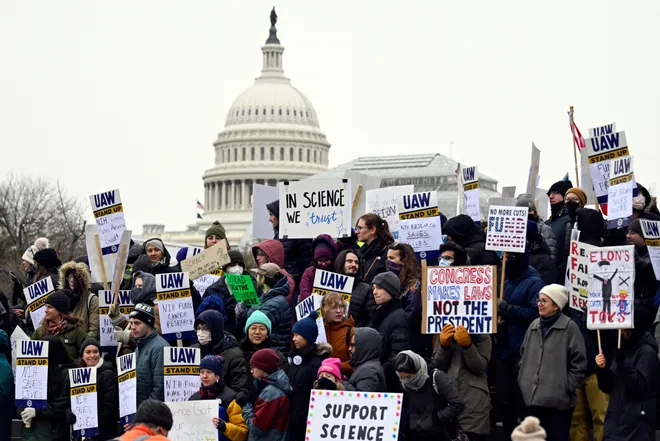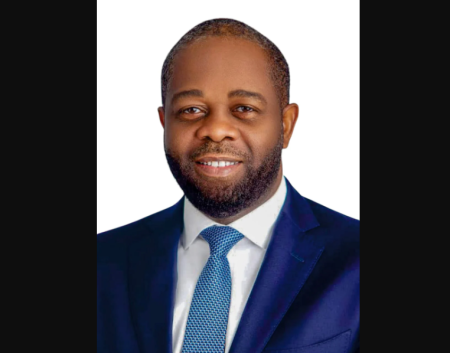The Trump administration’s large cuts to U.S. federal research funding have caused many scientists to lose their jobs or grants. At the same time, universities and governments around the world are looking to attract these researchers by offering new opportunities. Programs in Canada, France, and Australia have been launched to bring early-career scientists from the U.S. to their countries.
The United States has long been a leader in science thanks to strong federal funding after World War II. This funding helped create important technologies like the internet and new medical treatments. However, since President Trump took office, billions of dollars have been cut from research budgets. The National Institutes of Health and the National Science Foundation are facing proposed cuts of up to 40 and 55 percent, respectively. These budget changes have led to hiring freezes and layoffs at many U.S. universities.
Several foreign programs have been created to recruit American scientists affected by these cuts. Canada’s Canada Leads program focuses on bringing biomedical researchers north of the border. France launched the Safe Place for Science initiative to offer a supportive environment for U.S. scientists feeling restricted by the current U.S. climate. Australia’s Global Talent Attraction Program promises competitive salaries and relocation support. The European Union is also planning to protect scientific freedom with a new law and launched the Choose Europe for Science initiative.
Early signs show that many U.S. scientists are interested in working abroad. Nearly half of the applications to France’s program came from U.S.-based researchers. Germany’s Max Planck Society has seen an increase in applications from American female scientists. Recruitment agencies report a rise in inquiries from U.S. researchers about international job openings. However, moving abroad has challenges such as language differences, family care needs, and pension system changes.
Some scientists are reconsidering their careers in the U.S. because of the uncertainty caused by funding cuts. For example, a postdoctoral fellow from Wisconsin has applied for faculty positions in Canada and France, seeing relocation as a real option now. Another researcher who lost her grant at New York University feels that America’s priorities have shifted away from her field, but she recognizes that moving is not an easy solution.
Experts warn that cuts to U.S. research funding could harm global scientific collaboration. Science depends on international sharing of data and discoveries. Recruiting programs abroad aim to keep scientific talent within the global community, but reduced U.S. investment could slow progress worldwide.
The Trump administration’s research budget cuts are reshaping the scientific landscape. Countries such as Canada, France, and Australia are actively recruiting U.S. scientists by offering more stable funding and academic freedom. The full impact of these changes will take time to unfold, but they show how critical steady investment in science is for both national success and global progress.















